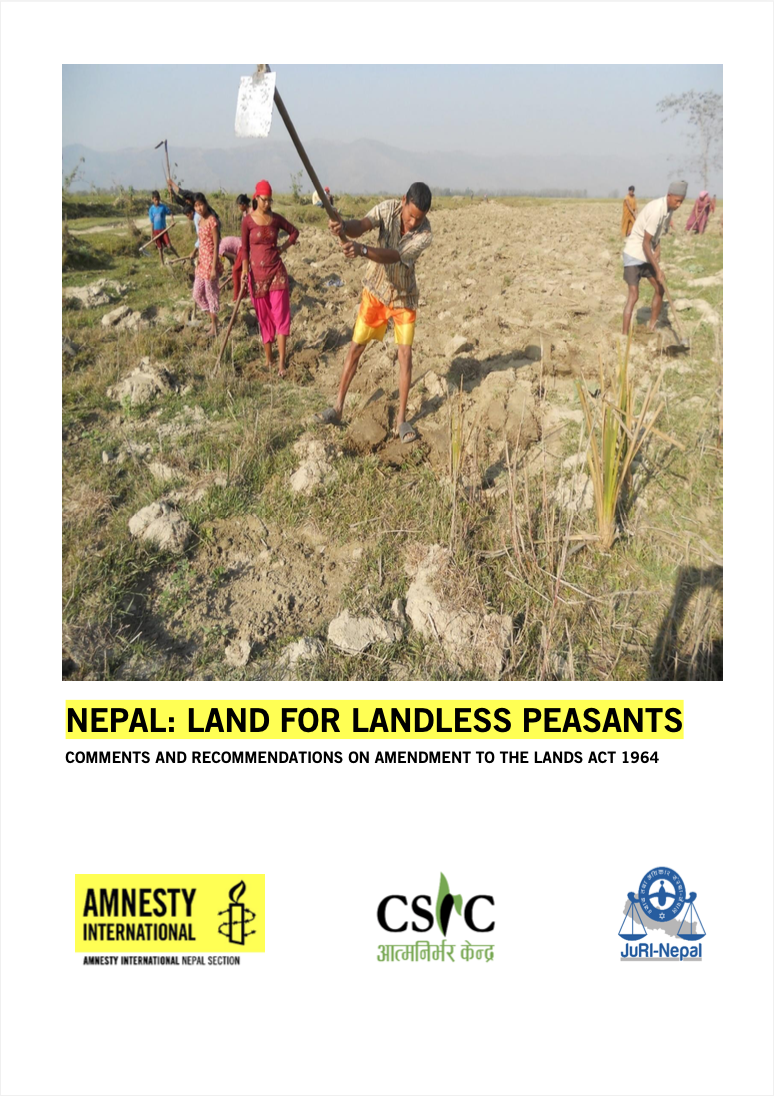Anti-Squatting Law Repeal Act
SEC. 1. Title. — This Act shall be known as the "Anti-Squatting Law Repeal
Act of 1997."
SEC. 2. Repeal. — Presidential Decree No. 772, entitled "Penalizing
Squatting and Other Similar Acts" is hereby repealed.
SEC. 3. Effect on pending cases. — All pending cases under the provisions
of Presidential Decree No. 772 shall be dismissed upon the effectivity of this
Act.
SEC. 4. Effect on Republic Act No. 7279. — Nothing herein shall be
construed to nullify, eliminate or diminish in any way Section 27 of Republic

